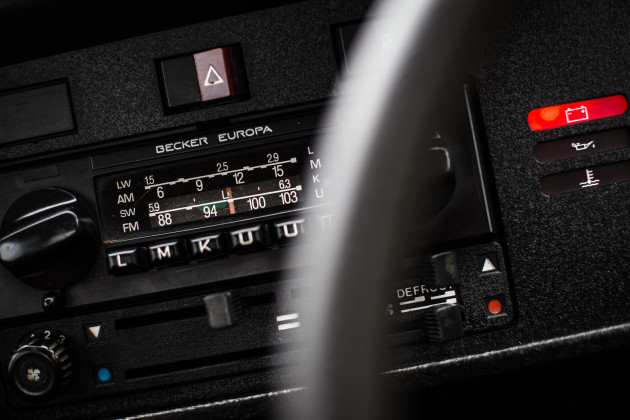
A few places to check on the clunking: From your description, check your steering rack bolts. More specifically, check to see if the rack moves when you turn it.
Full Answer
Why is there a clunking noise when I turn?
Tie Rods: A clunking noise when turning could indicate a loose or broken tie rod. Sway Bar Link: With a failing sway bar link, you will not only notice a knocking noise while you are turning but poor handling as well.
What causes a knocking sound in the front of a car when turning to the right?
The ball joints connect the wheels to the suspension systems. What is this? They allow the wheels to rotate properly when turning left or right. If these ball joints start wearing off, they will start causing banging, grinding, or knocking noise when turning the steering wheel.
What causes clunking sound in front end?
A front end clunking noise going over bumps is most often caused by damaged control arms or suspension struts. Often, this kind of damage happens if you use your vehicle for off-roading adventures—or there are a lot of potholes on your daily commute.
Why does my front end clunk when I turn sharp?
Worn outer CV joints can make a clicking, popping, or snapping sound when the vehicle is cornering and accelerating. Worn outer CV joints can make a clicking, popping, or snapping sound when the vehicle is cornering and accelerating.
When I turn my steering wheel I hear a knock?
When you turn a steering wheel, it's the tie rods which enable the wheels to move in response. A loose or damaged tie rod will create a knocking, clunking, or creaking sound. This is especially true when you turn at lower speeds. It may even cause your steering wheel to be off-center.
Why is my car clunking over bumps?
Damaged or Worn Control Arms Worn-out control arms may cause the wheels to move out of alignment, which causes the vehicle to make the clunking as you steer the wheels on a bump. The damage may be extended to the body mount and cause the cab compartment to vibrate.
Why does my car make a noise when I turn left?
The most common causes of noises when turning is a bad coil spring, struts, or shocks. It could also be caused by a bad steering rack, tie rod ends, or worn ball joints. If you hear a growling noise when turning it can be a bad wheel bearing.
Do ball joints pop when turning?
The outer tie rods connect the power steering system to the wheels. These tie rods are ball joints but they are not the "ball joints" people commonly know (just the same style joint, but different part). This ball can dry out and when it does it will make a popping noise when the ball rotates inside of its joint.
1. Out of Fuel
Your engine needs three things to run properly; air, fuel, and spark. If your engine is running fine and then it just suddenly dies, one of these three things was abruptly taken away. It’s usually fuel.
2. Fuel Pump or Filter
Another common reason that your Golf may be starving for fuel is a bad fuel pump. The fuel pump is responsible for sending highly pressurized fuel to the fuel rails. The engine can die if the fuel pressure is not high enough to properly atomize the gasoline properly.
3. Battery Cables
Check the battery cables to ensure that they are free of debris and are bolted to the battery posts properly. Follow the black ground cable to whatever it is connected to. Make sure that it is secure and there’s no corrosion or rust that could be keeping it from making a solid ground connection.
4. Engine to Chassis Ground
The engine needs a strong ground to the chassis in order for your Golf’s various electrical systems to work. If that cable is corroded, there could be problems such as misfiring, slow/no starts, or even the engine dying while driving. This is a common cause of many “gremlins”.
5. Bad Alternator
The alternator is responsible for charging the battery, and keeping your Golf running. If the alternator goes bad, the vehicle will run off of the power supply in the battery (which is there mostly for starting the vehicle and as a backup reserve).
6. Issue With Sensors
The crankshaft and camshaft sensors are responsible for telling the engine where the crank and cam are located in their 360° revolutions. If they stop reporting this data, even momentarily, the vehicle will not know when to fire the spark plugs and it’ll stop running.
